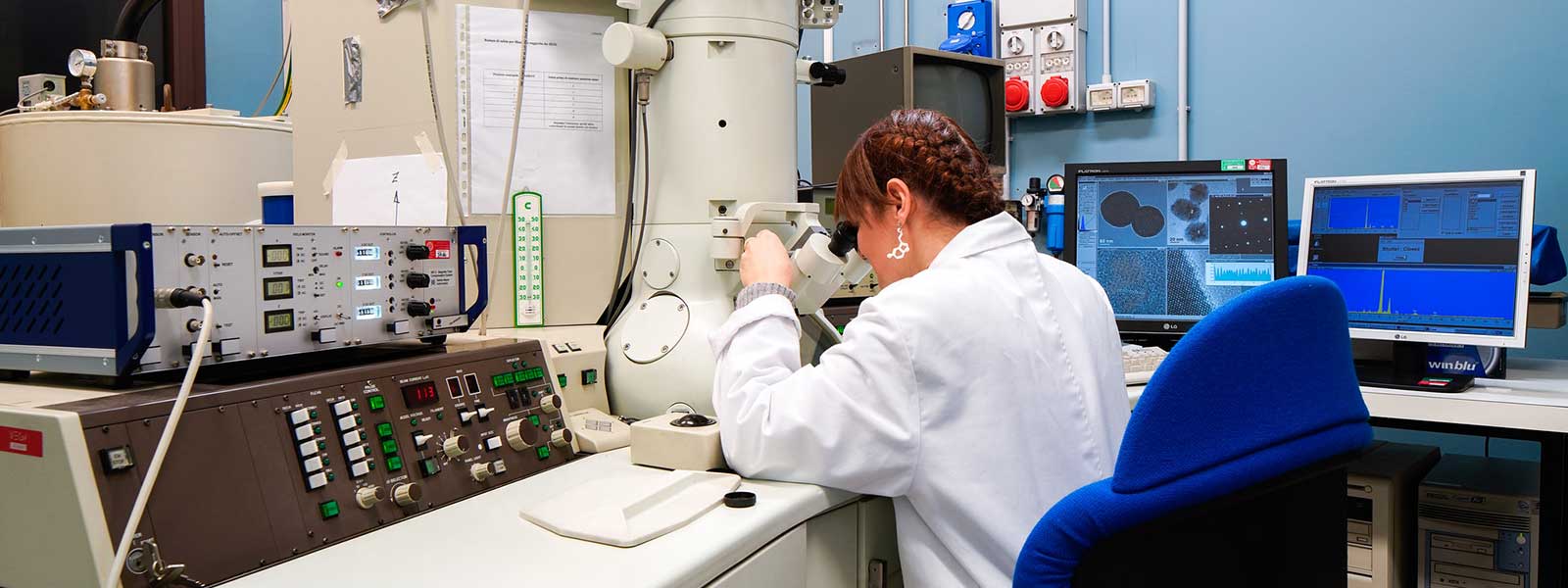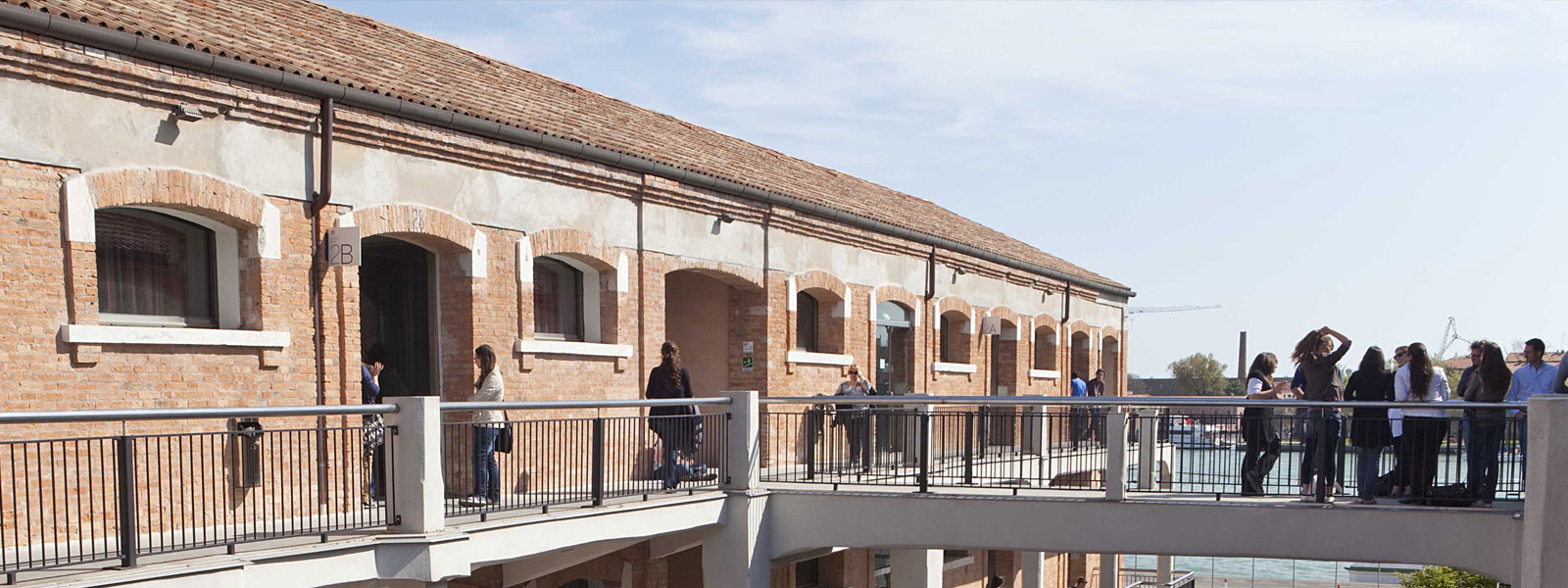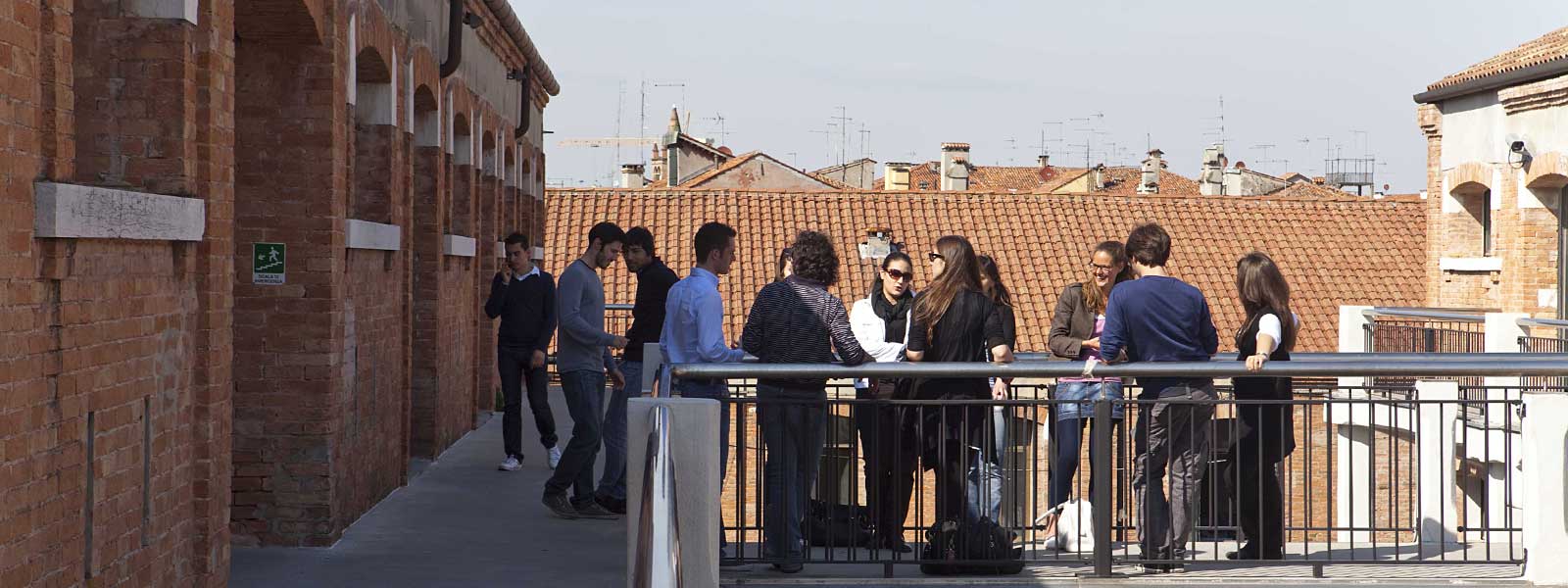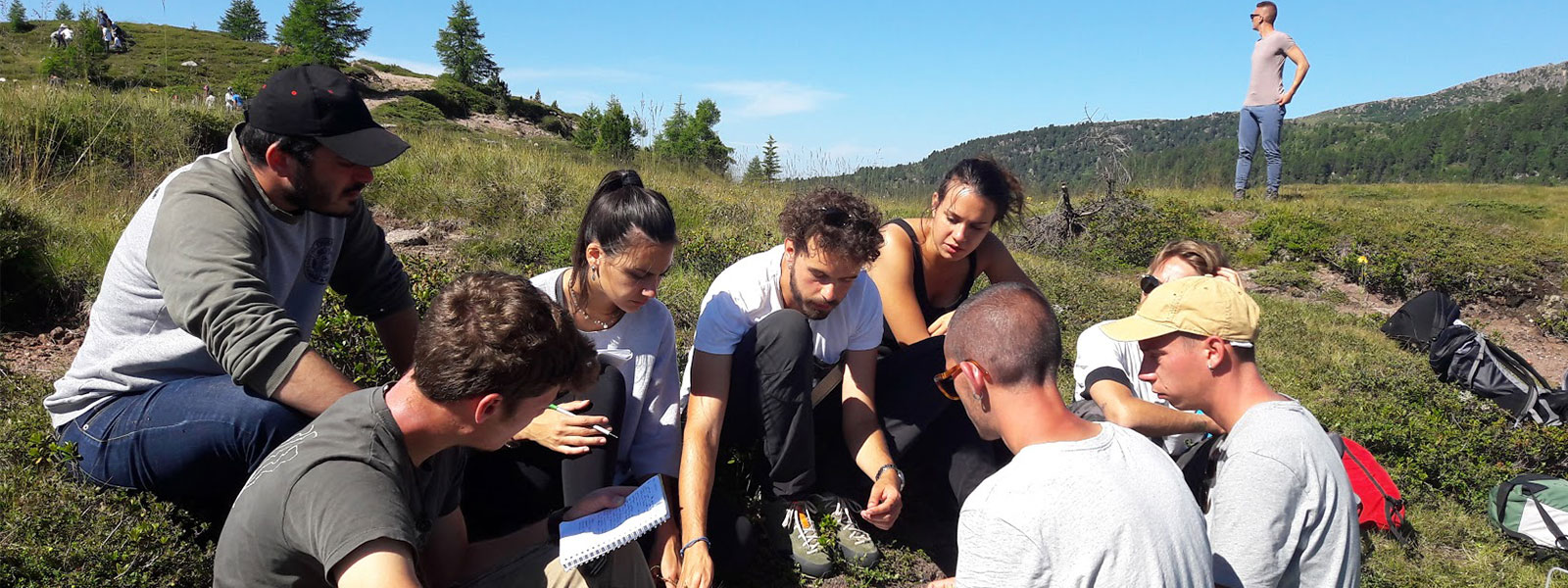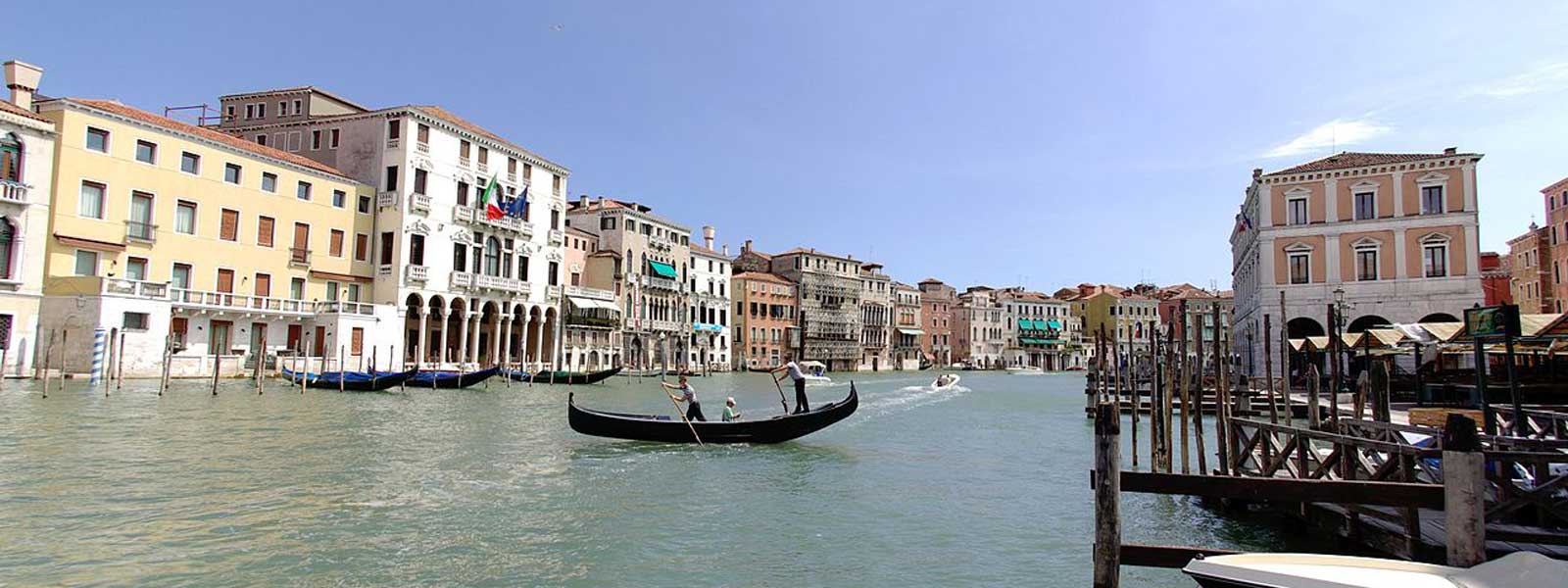
Master in Economics, Finance and Sustainability
This Economics and Finance programme at Ca’ Foscari University of Venice trains experts with a rich knowledge of the quantitative methods of theoretical and empirical analysis.
Duration
2 years
Starting Date
September
Tuition Fee
2,499 €
Location
Venice, Italy
About the programme
Would you like to become an economist, work in institutions supporting market regulators, become a risk manager or specialise in economic-financial consultancy? This Economics, Finance and Sustainability programme offers different curricula to sharpen your economic and financial knowledge. This Master’s Degree Programme trains experts who possess:
- a high command of mathematical-statistical tools and a solid theoretical-quantitative preparation;
- high knowledge of economic and financial analysis and economic policy;
- strong expertise in legal and market regulation;
- strong methodological-theoretical and modelling skills within the economic disciplines, both in the context of research and in the professional context, to analyze the complexities of contemporary society and to offer solutions to economic and social problems, in a dynamic and careful perspective to innovations in the economic, financial field and adaptation to climate change.
Thanks to the economic and financial interpretative tools the programme provides, you will be capable of assuming a position of responsibility both in private companies and in Italian or international public organisations. In addition, given that Ca’ Foscari has a QS World University ranking in the top 200 universities in the world for Economics & Econometrics and in the top 300 for Accounting and Finance, you can be certain that your education at Ca’ Foscari is top-notch.
Career opportunities
As a graduate, you’ll have the knowledge you need to find employment at financial institutions and to operate as professional managers, analysts, consultants and brokers. Some of your possible career opportunities are:
- Economic systems specialist
- Business economics specialist
- Corporate finance analyst
- Market regulation specialist
- International business and finance consultant
- Insurance expert
- Business analyst
- Financial analyst
Programme structure
Would you like to become an economist, work in institutions supporting market regulators, become a risk manager or specialise in economic-financial consultancy?
- The Quantitative Finance and Risk Management Curriculum provides you with a thorough command of analytical and statistical tools as applied to markets, financial institutions and the study of financial instruments, even complex ones. You will learn about the main areas of management of financial intermediaries (credit, finance, treasury, securities, organisation, planning and control), the management of financial investments and the measurement and management of financial risk, financial advice and insurance, supplementary pension schemes and the management of pension funds, the organisation of the internal processes and the administrative management of banks and financial intermediaries in general.
- The Economics-QEM curriculum focuses on the in-depth study of two areas: economic issues in both the microeconomic and macroeconomic contexts; and quantitative methods for the theoretical and empirical analysis of these issues. If you choose this module, there is the opportunity to apply to participate in the Erasmus Mundus programme (QEM).
- The Sustainable Finance Curriculum focuses on the field of finance with an accent on sustainability and the various opportunities that the ever increasing interest in the impact of climate change and the achievement of global development goals entail. The study plan ensures you acquire a command of the tools used to measure, understand and manage sustainability initiatives while taking into consideration both risks and opportunities as seen through the lense of individual institutions and of the broader economic and financial system.
Upon concluding your studies, you will possess an excellent comprehension of the relevant mathematical-statistical tools, a solid grounding in both theoretical and quantitative approaches, and a thorough familiarity with market regulation and legal frameworks. You will also be equipped to carry out economic, financial and political-economic analysis and to apply various theoretical, methodological and modelling approaches in both academic research and the professional world. In particular, you will be ready to analyse contemporary society in order to seek solutions to pressing socio-economic problems in a dynamic way with a focus on innovation in the contexts of economics, finance and adaptation to climate change.

